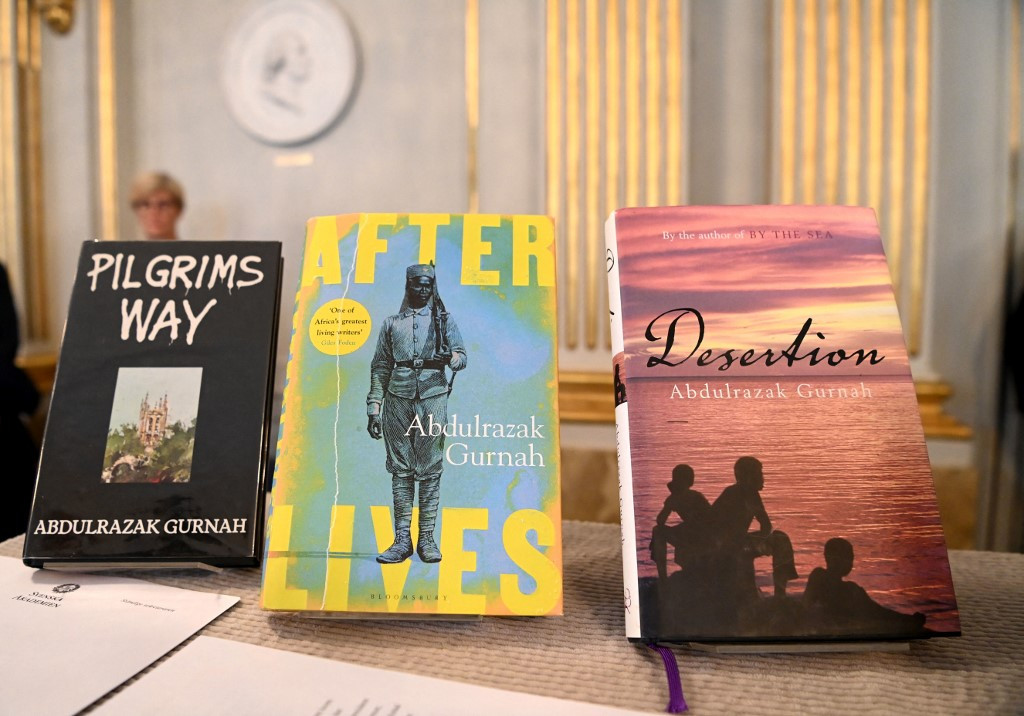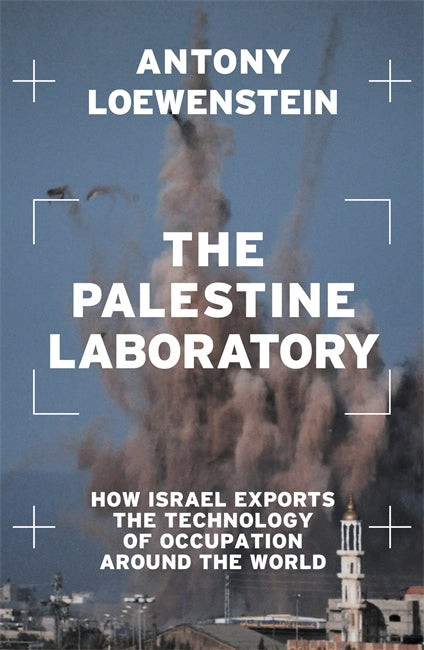Popular Reads
Top Results
Can't find what you're looking for?
View all search resultsPopular Reads
Top Results
Can't find what you're looking for?
View all search resultsTanzanian writer Abdulrazak Gurnah wins 2021 Nobel Prize in Literature
Gurnah, who grew up on the island of Zanzibar but came to England as a refugee at the end of the 1960s, was honoured "for his uncompromising and compassionate penetration of the effects of colonialism and the fate of the refugee in the gulf between cultures and continents," the Swedish Academy said.
Change text size
Gift Premium Articles
to Anyone
 Books by Tanzanian-born novelist Abdulrazak Gurnah are on display at the Swedish Academy in Stockholm after the author was announced as the winner of the 2021 Nobel Prize in Literature, on October 7, 2021. Tanzanian-born novelist Abdulrazak Gurnah won the Nobel Literature Prize, the Swedish Academy said. Gurnah, who grew up on the island of Zanzibar, but who arrived in England as a refugee at the end of the 1960s, was honoured (AFP/Jonathan Nackstrand)
Books by Tanzanian-born novelist Abdulrazak Gurnah are on display at the Swedish Academy in Stockholm after the author was announced as the winner of the 2021 Nobel Prize in Literature, on October 7, 2021. Tanzanian-born novelist Abdulrazak Gurnah won the Nobel Literature Prize, the Swedish Academy said. Gurnah, who grew up on the island of Zanzibar, but who arrived in England as a refugee at the end of the 1960s, was honoured (AFP/Jonathan Nackstrand)
T
anzanian-born novelist Abdulrazak Gurnah, whose work touches on colonialism and refugee life, on Thursday won the Nobel Literature Prize, the Swedish Academy said.
Gurnah, who grew up on the island of Zanzibar but came to England as a refugee at the end of the 1960s, was honoured "for his uncompromising and compassionate penetration of the effects of colonialism and the fate of the refugee in the gulf between cultures and continents," the Swedish Academy said.
Gurnah has published 10 novels and a number of short stories.
He is best known for his 1994 novel "Paradise", set in colonial East Africa during the First World War, which was shortlisted for the Booker Prize for Fiction.
The theme of the refugee's disruption runs throughout his work.
Born in 1948, Gurnah began writing as a 21-year-old in England.
Although Swahili was his first language, English became his literary tool.
The Nobel Prize comes with a medal and a prize sum of 10 million Swedish kronor (about 980,000 euros, $1.1 million).
Last year, the award went to US poet Louise Gluck.
Ahead of Thursday's announcement, Nobel watchers had suggested the Swedish Academy could choose to give the nod to a writer from Asia or Africa, following a pledge to make the prize more diverse.
It has crowned mainly Westerners in its 120-year existence.
Of the 118 literature laureates since the first Nobel was awarded in 1901, 95 -- or more than 80 percent -- have been Europeans or North Americans.
Past winners have primarily been novelists such as Ernest Hemingway, Gabriel Garcia Marquez and Toni Morrison, poets such as Pablo Neruda, Joseph Brodsky and Rabindranath Tagore, or playwrights such as Harold Pinter and Eugene O'Neill.
But writers have also won for bodies of work that include short fiction, history, essays, biography or journalism. Winston Churchill won for his memoirs, Bertrand Russell for his philosophy and Bob Dylan for his lyrics. Last year's award was won by American poet Louise Gluck.
Beyond the prize money and prestige, the Nobel literature award generates a vast amount of attention for the winning author, often spurring book sales and introducing less well-known winners to a broader international public.
Gurnah would have normally received the Nobel from King Carl XVI Gustaf at a formal ceremony in Stockholm on December 10, the anniversary of the 1896 death of scientist Alfred Nobel who created the prizes in his last will and testament.
But the in-person ceremony has been cancelled for the second straight year due to the pandemic and replaced with a televised ceremony showing the laureates receiving their awards in their home countries.










